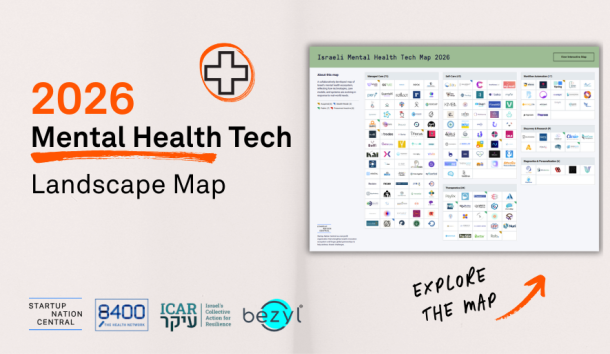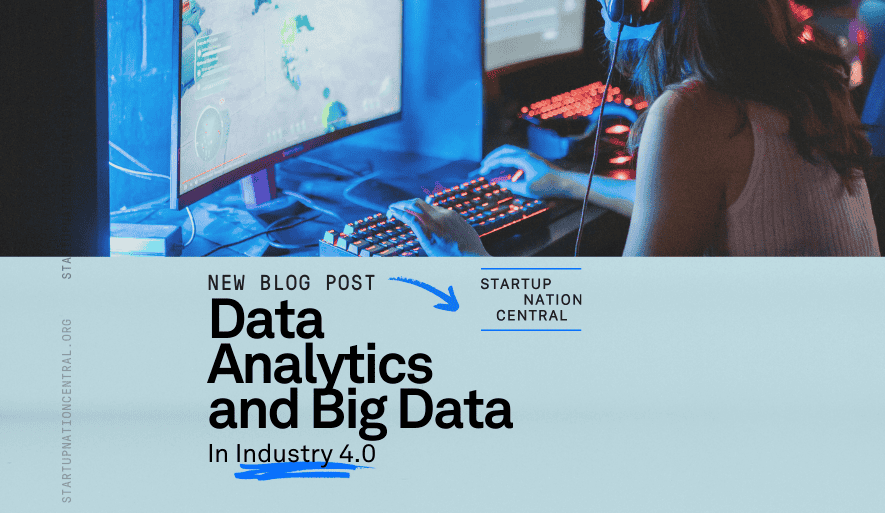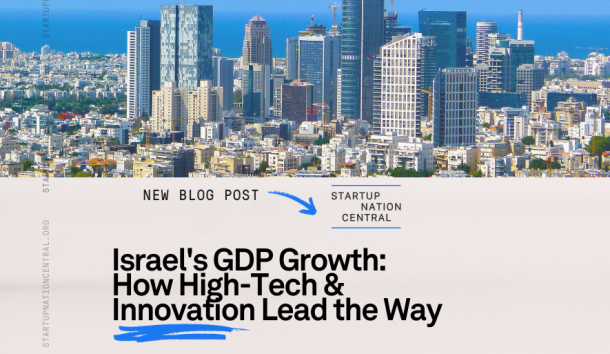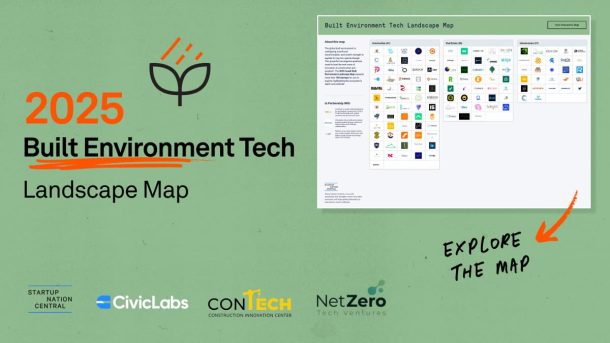The rise of Industry 4.0 places data analytics and big data at the forefront of transforming industries worldwide. By enabling informed decision-making, optimizing operations, and fostering innovation, these technologies harness vast data to drive efficiencies and competitive edge.
As sectors evolve, the integration of big data in industry 4.0 and advanced analytics reshapes operational landscapes and empowers enterprises to thrive in a data-centric, digital-first economy.
What is Data Analytics and Big Data in Industry 4.0?
In Industry 4.0, data analytics and big data encompass structured methodologies that collect, analyze, and leverage massive datasets, drawing actionable insights to facilitate strategic decisions. They comprise several core elements:
- Data Collection capturing extensive structured and unstructured data from a myriad of sources such as sensors, enterprise systems, and IoT devices, underscoring IoT’s critical role in constructing data-rich environments essential for comprehensive analytics.
- Data Processing entailing meticulous data cleansing, transformation, and organization to ensure accuracy and reliability, utilizing sophisticated ETL (Extract, Transform, Load) processes essential for preparing precise insights into actionable formats.
- Predictive Analytics employing advanced statistical models, AI, and machine learning techniques to forecast future trends and outcomes based on historical data, allowing organizations to implement proactive strategies and contrive anticipatory adjustments.
Collectively, these components deliver an enhanced data-driven paradigm that amplifies visibility and insights into industrial operations, paving the way for innovation continuity and strategic market differentiation.
Applications and Advantages
Data analytics and big data unlock a plethora of applications and benefits in Industry 4.0, serving as catalysts for enhanced performance, strategic value, and technological progress:
- Operational efficiency through comprehensive analysis, to identify bottlenecks, optimize workflows, reduce excess, and maximize resource utilization. Real-time analytics empowers manufacturers to achieve substantial processing efficiencies, exemplified by a 25% boost in production optimization by leveraging refined data insights.
- Predictive maintenance forecasts potential equipment issues before they arise, companies can schedule timely maintenance to minimize costly downtime and extend machinery longevity. This strategic approach secures considerable cost savings and enhances asset protection.
- Customer personalization by analyzing consumer behaviors and preferences, enabling businesses can tailor customized experiences, fueling satisfaction, fostering brand loyalty, and enhancing customer engagement. Retailers leveraging predictive analytics have shown significant sales improvements by accurately anticipating demand trends and optimizing inventory practices.
Challenges in Implementing Data Analytics and Big Data
While promising, implementing data analytics poses notable challenges necessitating strategic solutions:
- Data Privacy: The sensitive nature of data requires robust protection protocols and adherence to evolving regulations such as GDPR and CCPA, ensuring confidentiality and compliance.
- Data Quality: Ensuring consistent, accurate, and complete data is foundational for reliable analytics, demanding effective data management governance practices.
- Technical Expertise: A shortage of skilled data professionals emphasizes the need for investments in education and training to develop the talent pool necessary to capitalize on data’s potential effectively.
Impact on Industry
Data analytics and big data incentivize transformative impacts across various industries, fueling operational excellence and strategic insight fortification:
- Banking: Real-time analytics enhance fraud detection capabilities, fortifying institutions and safeguarding customers by rapidly identifying and mitigating suspicious activities through sophisticated algorithmic screening.
- Retail: Analytics-driven demand forecasting refines inventory management, minimizing instances of overstock and stockouts while bolstering supply chain agility and responsiveness to market fluctuations.
- Healthcare: Data analytics advance patient care by enabling professionals to assess treatment efficacy and manage personalized care pathways, significantly improving clinical outcomes and healthcare solutions.
Impact on Sustainability and Society
Data analytics contribute notably to advancing sustainability by facilitating efficient resource management, minimizing energy consumption, and supporting circular economy models predicated on waste reduction. Data-driven decision-making enhances societal progress by informing evidence-based policy development, optimizing public service delivery, and designing intelligent urban planning models for sustainable, environmentally conscious cities.
Israeli Innovations in Data Analytics and Big Data
Israel is positioned at the forefront of data analytics innovation, with companies that address core challenges and catalyze transformative solutions across multiple sectors:
- Anodot utilizes AI-driven analytics to proactively detect anomalies, enriching operational risk management by alerting to deviations in real-time across financial services, thus securing resilience and operational integrity.
- SQream delivers pioneering big data acceleration technologies, empowering enterprises to process and analyze vast datasets swiftly and accurately, enabling competitiveness in insight generation and strategic market positioning.
- Cognata develops sophisticated simulation platforms for scrutinizing autonomous vehicle testing, harnessing big data to refine safety benchmarks and drive forward-thinking vehicular advancements and autonomous mobility solutions.
- Flytrex ingeniously optimizes drone delivery networks, dramatically demonstrating data analytics’ pivotal role in enhancing logistical efficiency while concurrently reducing ecological impacts through emissions mitigation.
- SimilarWeb excels in providing expansive digital intelligence solutions, equipping companies to comprehend market dynamics, understand competitor landscapes, and optimize digital strategy to enhance growth trajectories and market reach.
These companies showcase how Israel uses data and big data to boost productivity, strengthen strategy, and drive innovation across industries.
Future Trajectories of Data Analytics and Big Data
The trajectory of data analytics and big data within Industry 4.0 is marked by robust growth potential. Integrating advanced AI and IoT signal the evolution towards automated insight generation, escalated visualization capabilities, and the scalability of expansive analytical applications to support innovative strategic decision-making.
These advancements situate industries to harness enhanced adaptability and foster an agile, responsive, and data-driven economic environment.
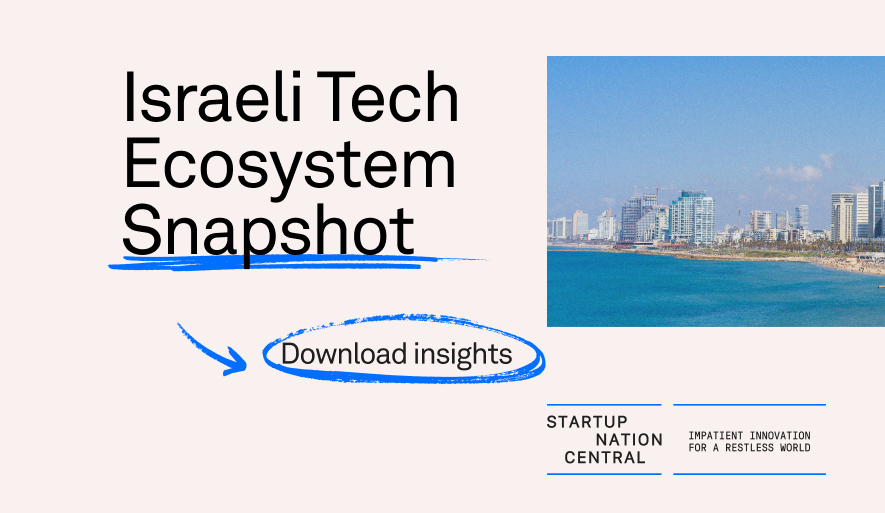

 Tech Ecosystem
Tech Ecosystem Human Capital
Human Capital Focus Sector
Focus Sector The Health Network
The Health Network
 Business Opportunities
Business Opportunities Investment in Israel
Investment in Israel Innovation Diplomacy
Innovation Diplomacy Leadership Circle
Leadership Circle


